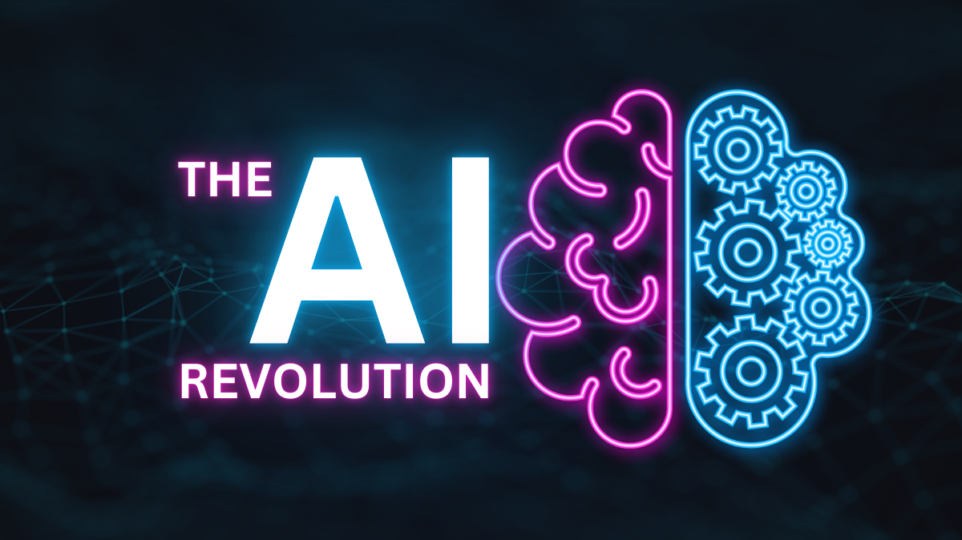Artificial Intelligence (AI) has the potential to revolutionize various aspects of our lives, but it also raises significant ethical concerns. As AI technology continues to advance, it is crucial to consider the ethical implications of its development and deployment.
Bias and Fairness
One of the most pressing ethical concerns surrounding AI is the potential for bias. AI algorithms are trained on large datasets, and if these datasets contain biases, the AI system may perpetuate or amplify those biases. This can lead to discriminatory outcomes in areas such as hiring, lending, and criminal justice. For example, facial recognition systems have been shown to be less accurate for people of color, potentially leading to discriminatory outcomes.
To address the issue of bias, it is essential to ensure that AI systems are trained on diverse and representative datasets. Additionally, researchers and developers must be vigilant in identifying and mitigating biases within AI algorithms.
Privacy and Surveillance
AI-powered surveillance systems can collect and analyze vast amounts of personal data, raising concerns about privacy and civil liberties. The use of facial recognition technology, for example, can enable governments and corporations to track individuals’ movements and monitor their behavior.
To protect privacy, it is important to establish clear guidelines and regulations governing the collection and use of personal data. Additionally, individuals should have the right to access and control their personal data.
Job Displacement
As AI technology becomes more sophisticated, there is a growing concern about its potential to displace human workers. Automation powered by AI could lead to job losses in various industries, from manufacturing to customer service.
To mitigate the negative impacts of job displacement, it is important to invest in education and training programs to help workers acquire the skills needed to succeed in the AI-driven economy. Additionally, policies can be implemented to support workers who are displaced by automation.
Conclusion
AI has the potential to bring significant benefits to society, but it is essential to address the ethical concerns associated with its development and deployment. By considering issues such as bias, privacy, and job displacement, we can ensure that AI is used responsibly and for the betterment of humanity.


